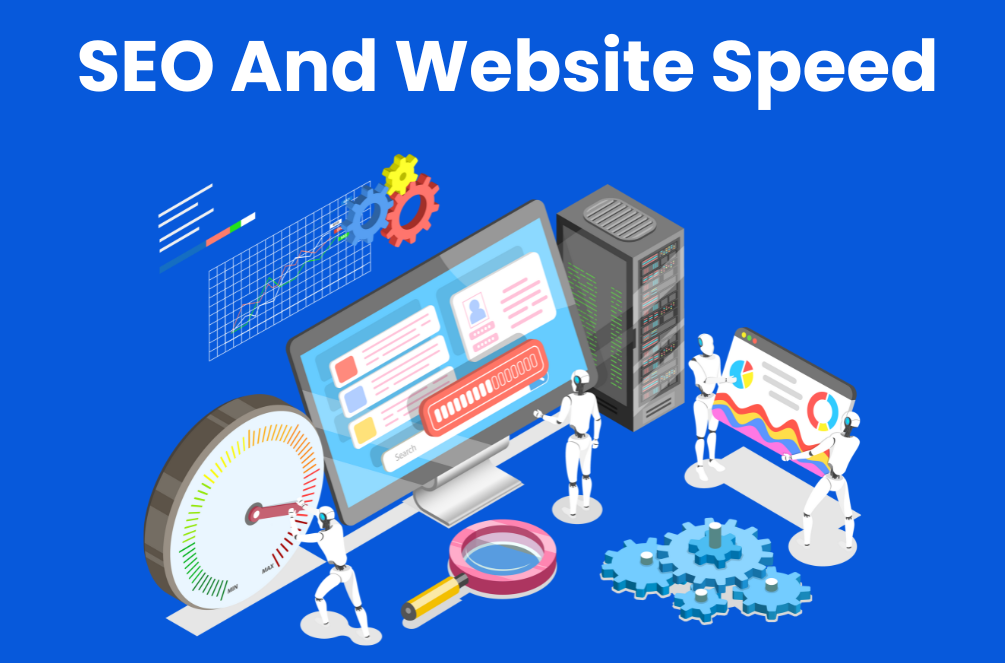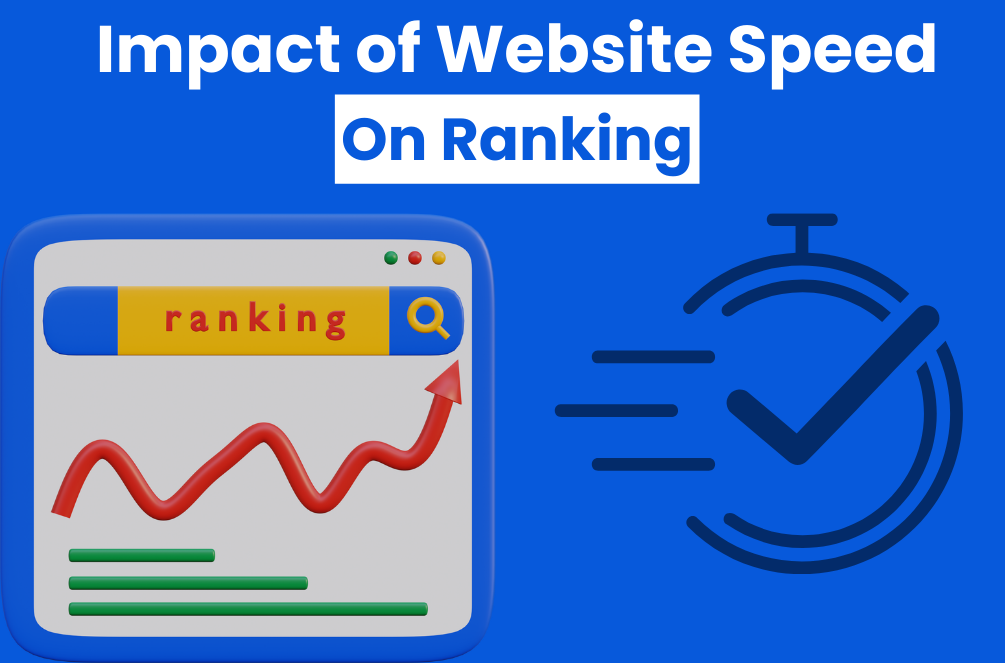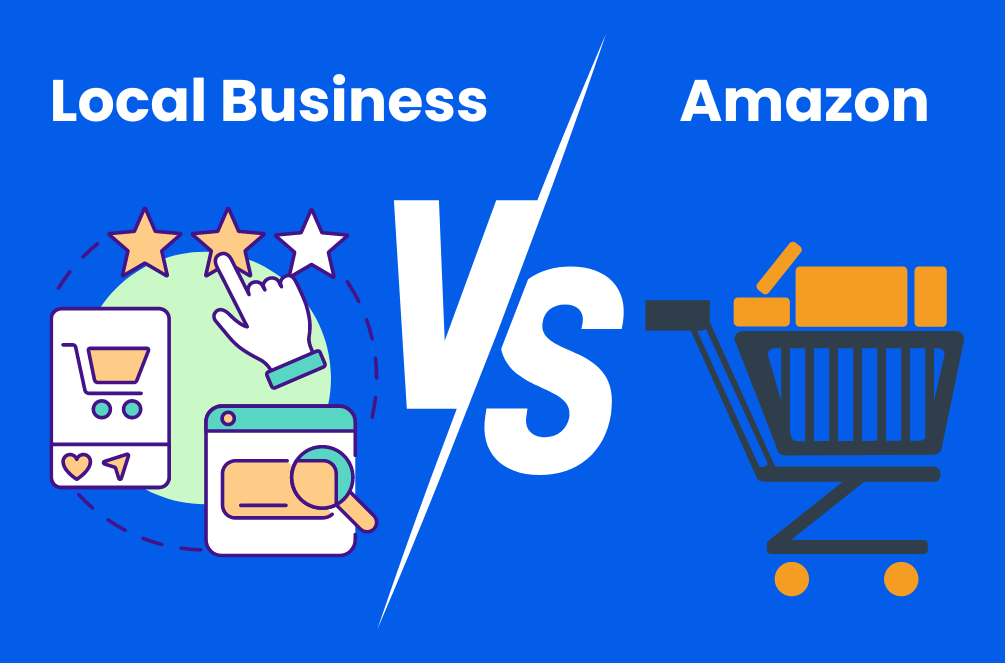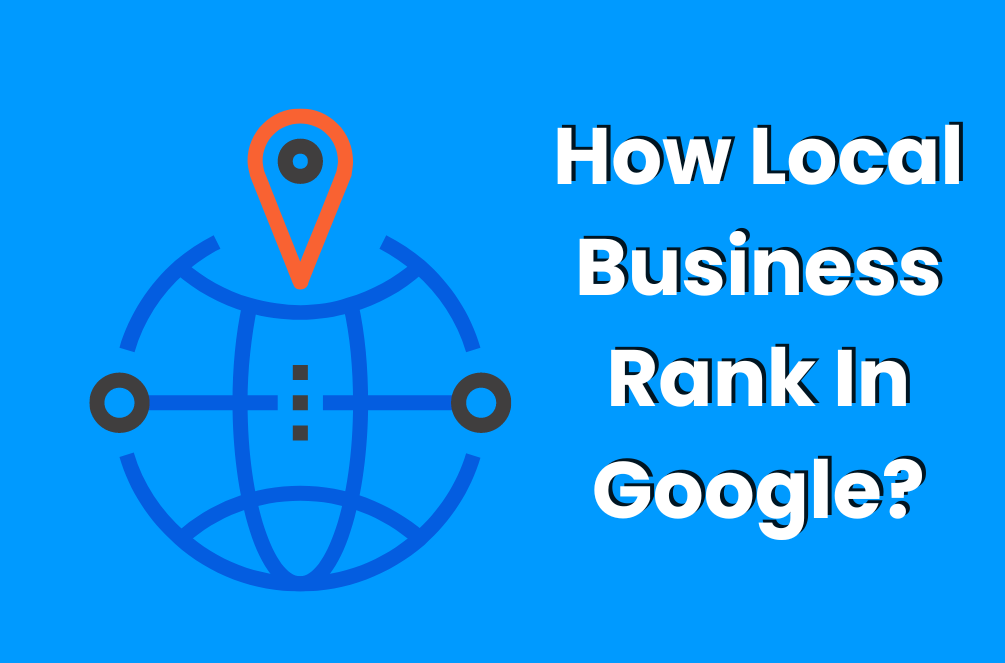The modern digital landscape is a race against time, where the speed of your website can determine whether you cross the finish line or are left behind in a cloud of cyber dust. For digital marketers and SEO enthusiasts, understanding just how website speed actually impacts search ranking can be the difference between flourishing and fading away in the online marketplace.
But what does “website speed” actually mean? What are the causal ties between the milliseconds it takes for your page to load and your Google ranking? And most importantly, what practical actions can you take to optimize this speed for better SEO and user experience?
In this blog post, we’ll take a closer look at how website speed actually impacts search ranking, exploring why it’s not just about keeping users happy but also about satisfying search engines.
The Speed-Ranking Connection
It’s no secret that search engines, particularly Google, prioritize user experience above all. The connection between how website speed actually impacts search ranking is deeply rooted in this premise. Faster websites offer a better user experience, leading to increased satisfaction, lower bounce rates, and higher engagement – all signals that search engines interpret as the hallmark of a quality site.
The algorithm updates, including Google’s mobile-first indexing and the more recent Core Web Vitals, underscore the importance of website speed. These updates are clear indicators that how website speed actually impacts search ranking is not just a correlation but a direction search engines are emphatically moving towards.
Factors Affecting Website Speed
The factors influencing your website speed are multifaceted. They encompass everything from the hosting infrastructure to the backend and front-end coding. Here are some key influencers:
- Hosting Service: Whether you’re using shared hosting, a virtual private server, or dedicated hosting, all these have varying impacts on speed.
- Website Code: The quality and efficiency of your HTML, CSS, and JavaScript are pivotal.
- Photos and Video Clips: Bulky multimedia files often result in prolonged page load durations.
- Content Distribution Network (CDN): Having your content distributed across multiple servers globally can speed up access for users from different regions.
Delving Into User Experience
Imagine clicking on a search result only to be met with a spinning wheel, waiting impatiently for the content to load. This frustration is shared by millions of users worldwide, and search engines are well aware of it. A delay of even a few seconds can lead to a significant increase in bounce rates. Since search engines aim to direct users to resources that provide the best experience, it stands to reason that how website speed actually impacts search ranking by serving as a proxy for user satisfaction.

SEO and Speed: The Technical Perspective
From an SEO perspective, website speed affects not just how users interact with your site but also how search engines crawl and index your pages. A faster site allows search engine bots to crawl more pages using their allocated crawl budget, improving your site’s visibility and, consequently, its rankings.
Furthermore, how website speed actually impacts search ranking is evident in the mobile search landscape. With the majority of searches now conducted on mobile devices, a speedy mobile site is no longer optional but essential. With Google implementing a mobile-first approach for indexing, it prioritizes analyzing and ranking webpages based on their mobile variant.
Measuring and Improving Website Speed
Understanding how website speed actually impacts search ranking is one thing; implementing changes to improve it is another. Here are a few strategies:
- Leverage Browser Caching: Caching stores parts of your site on visitors’ browsers, speeding up loading times for repeat visitors.
- Optimize Photographs: The presence of oversized photos can notably decelerate your website.
- Diminish HTTP Inquiries: Curtail the quantity of components on your web pages. Streamline your webpage layout and amalgamate files when feasible.
- Use a Content Delivery Network (CDN): CDNs distribute your content across multiple, geographically dispersed servers, reducing the distance between your website and your visitors.
Each of these strategies can contribute to improved site speed, directly influencing how website speed actually impacts search ranking.
Tools for Measuring Website Speed
Measurement is the precursor to meaningful change. These tools can help assess the speed of your website and identify areas for improvement.
Google PageSpeed Insights
This free tool not only gives your page a performance score but also lists optimization suggestions for better speed and user experience.
GTmetrix
GTmetrix provides a detailed report of your site’s performance, including a page load time, the total page size, and the number of requests.
Pingdom Tools
Analyze every element of your site and receive suggestions for improving performance with Pingdom Tools. These tools also offer insights into real user experiences to improve load times worldwide.
Conclusion | How Website Speed Actually Impacts Search Ranking
In conclusion, the relationship between how website speed actually impacts search ranking is undeniable and of paramount importance. For digital marketing professionals and SEO enthusiasts, prioritizing website speed is not just advisable but essential.
SEO is an ever-evolving field, but the importance of site speed remains constant. Whether you’re a seasoned SEO expert or just starting out, understanding and optimizing how website speed actually impacts search ranking is a critical step toward achieving online success.
FAQ’s
How does website speed affect SEO?
Google’s algorithm takes website speed into account when ranking pages. Faster websites generally rank higher because they offer a better user experience.
What is a good website speed?
A good website speed is generally considered to be under 2-3 seconds for full loading time. However, Google recommends aiming for less than 0.5 seconds for significant improvement in SEO.
Can a slow website hurt my business?
Absolutely. A slow website can lead to a high bounce rate, which means losing potential customers. Fast websites can improve conversions and customer satisfaction.
What is server response time, and why is it important for website speed?
The duration it takes for a server to answer a request from a browser is known as server response time. A low server response time is a key component of a fast website.
How often should I check my website’s speed?
You should check your website’s speed regularly, especially after making changes. It’s a good practice to monitor and maintain your site’s speed to ensure optimal performance.
What is the average website speed, and how can I compare it to my site?
The average website speed varies depending on the industry, but a typical benchmark is around 3 seconds for a page to load. You can compare your site’s speed using tools like Google PageSpeed Insights by evaluating site-specific recommendations.




